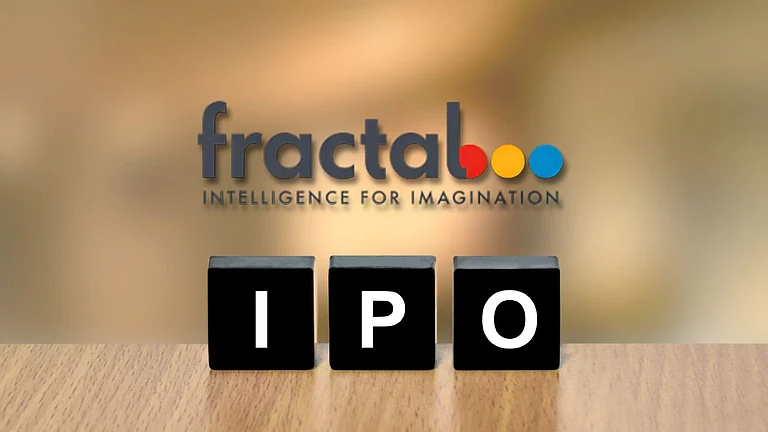The Securities and Exchange Board of India (Sebi) has allowed registered stock market entities to undertake e-KYC verification services as part of efforts to prevent financial crimes.
In a letter to Sebi-registered intermediaries and stock exchanges, the regulator on Wednesday notified all KYC user agencies (KUAs) to conduct “electronic know your customer” or e-KYC verification services.
On November 5, 2019, Sebi, in a circular, detailed the e-KYC authentication facility for the market entities under Section 11A of the Prevention of Money Laundering Act, 2002.
In the following year, it allowed the listed entities to act as KUAs in the securities market, and the KUA, in turn, would allow "the Sebi-registered intermediaries to undertake Aadhaar authentication of their clients as sub-KUA for KYC".
In a circular on July 13, 2022, the finance ministry's revenue department notified 155 reporting entities to use the Aadhaar authentication services under the anti-money laundering act.
Sebi also published a list of the reporting entities in the subsequent week.
On January 30, 2023, the revenue department notified another 39 reporting entities to use the Aadhaar authentication services of the Unique Identification Authority of India (UIDAI).
Sebi said the entities would have to enter into an agreement with a KUA and register themselves with UIDAI as sub-KUAs. It further noted that UDAI would prescribe the entities a cooperative agreement.
In addition, the sub-KUAs must follow the processes detailed in Sebi's November 5, 2019, circular or as may be prescribed by UIDAI occasionally.
Sebi also directed the KUAs to facilitate the onboarding of the entities as sub-KUAs to provide Aadhaar authentication services for KYC purposes of Indian investors. Sebi said the move aims to protect investors' interests and develop the securities markets.
The regulator has introduced several reforms lately to make the securities market safer for investors. For instance, Sebi has barred fund houses from launching passively-managed equity-linked savings schemes (ELSS) if they receive inflows into an existing active ELSS scheme.
It also proposed to stop trading members and clearing members from retaining any client fund at the end of the trading day and move the entire funds to the clearing corporation on the same day.
In a consultation paper, Sebi proposed mandating daily upstreaming of all investor funds with stock brokers and clearing members (CMs) to Clearing Corporations (CCs).













